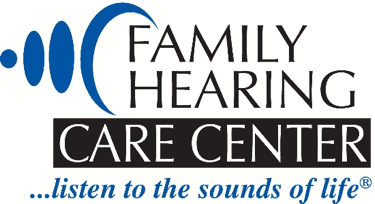
Questions to Ask During a Hearing Consultation and Fitting
Hearing consultations and fittings are pivotal steps in addressing hearing loss. These appointments are evaluations, but they are opportunities to take control of hearing health and ensure the best possible outcomes.
Asking thoughtful questions helps maximize the benefits of the consultation and provides a deeper understanding of personal hearing needs. Preparing for the discussion builds confidence and establishes a strong foundation for long-term hearing care.
Understanding the Hearing Evaluation Process
Hearing consultations often begin with a detailed hearing health exam. Asking about the purpose and methods of the tests can clarify expectations. Questions like “What types of tests will be conducted?” and “What are these tests designed to measure?” can help clarify the process. Learning about the rationale behind each evaluation can provide reassurance and a sense of involvement in the care plan.
Interpreting Test Results
Test results are key to determining the right approach to managing hearing loss. Asking the hearing health professional to explain the results ensures a clear understanding of what they reveal about hearing ability. Questions such as “What do these results mean for daily life?” or “How severe is the hearing loss?” encourage a collaborative discussion. Clarity during this stage can ease concerns and build trust in the recommendations provided.
Exploring Treatment Options
Hearing technology has advanced significantly, offering a range of devices tailored to individual needs. Asking questions like “What hearing aid features would suit my lifestyle?” or “How will this device address my specific type of hearing loss?” opens the door to exploring customized solutions.
Discussing the Fitting Process
The fitting process tells how well the hearing aid works. Asking about what to expect during the fitting appointment is an excellent way to prepare. Questions like “How will the device be adjusted to my hearing needs?” or “What measurements are taken during the fitting?” offer insights into how the device will be personalized. The hearing health professional can also provide guidance on what adjustments may be needed over time.
Learning About Maintenance and Care
Long-term success with hearing aids depends on proper maintenance. Asking about care routines, cleaning methods, and troubleshooting tips can make using the devices more manageable. Questions such as “How should the hearing aids be cleaned?” and “What should I do if the device isn’t working properly?” are practical and informative. This discussion also serves as an opportunity to ask about warranty coverage and available repair services.
Addressing Follow-Up Appointments
Hearing needs often evolve, making follow-up appointments integral to the care journey. Questions about these visits help set realistic expectations. Asking “How often should follow-up appointments be scheduled?” or “What can I expect during these visits?” highlights the importance of further care. Understanding this process ensures continued optimization of the hearing aids and overall hearing health.
Preparing for Lifestyle Changes
Adapting to hearing aids can involve lifestyle adjustments. Questions like “How long will it take to adapt to hearing aids?” and “Are there strategies to make the transition smoother?” focus on practical aspects of daily life with hearing aids. This discussion can include advice on handling social situations, managing different sound environments, and making the most of the device’s features.
A well-prepared consultation and fitting appointment lay the groundwork for better hearing and improved quality of life. Open communication with the hearing health professional creates trust, ensures understanding, and helps address any lingering concerns.
